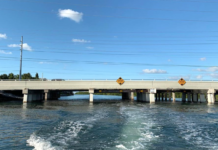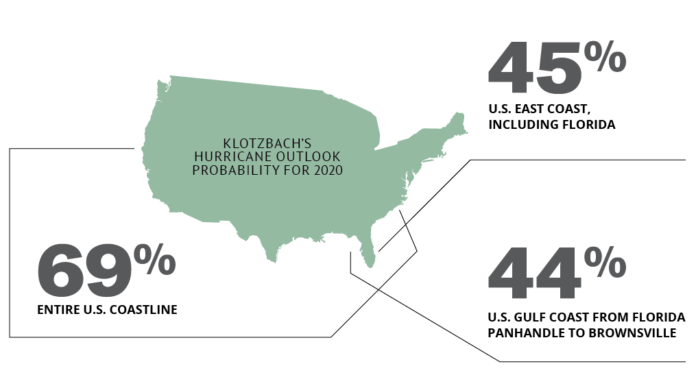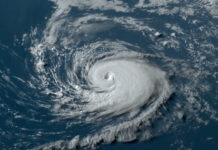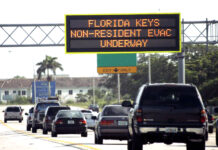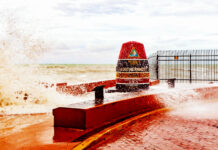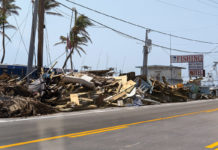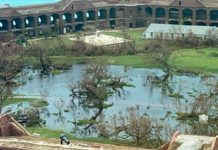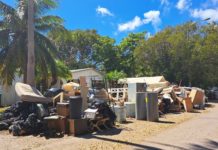With six weeks to the start of hurricane season, it’s too early to call. The National Weather Service Office of Key West said NOAA’s formal forecast probably won’t be available until the last week in May.
Still, there are signs to look for.
Currently, the El Niño and La Niña situations are pretty balanced, or what meteorologists call neutral.
“What that means is that you don’t have a factor for, or against, the making of a busy season,” said Jon Rizzo, warning coordination meteorologist in Key West.
On the other hand, waters off the coast of Africa are warmer than usual right now, Rizzo said. “That sometimes can create an environment that favors hurricane development. What it doesn’t tell you is whether or not the storms will make it all the way across the Atlantic Ocean.”
About the only entity that releases its hurricane forecast this early is the University of Colorado’s Philip Klotzbach. His study, published April 2, calls for an above-normal active hurricane season. His team, including Michael Bell and Jhordane Jones, predicts 16 named storms, eight hurricanes and four major hurricanes.
“As is the case with all hurricane seasons,” the report begins, “coastal residents are reminded that it only takes one hurricane making landfall to make it an active season for them. They should prepare the same for every season, regardless of how much activity is predicted.”
The report is updated several times throughout each hurricane season with more up-to-date forecasts.
Keys residents are still shaken by 2017’s Hurricane Irma and are already worrying how the current pandemic might make the situation worse. Certainly, traditional hurricane shelters are not ideal — large groups of people crowded into a single room. On the other hand, Floridians are now quite adept at buying survival goods in bulk.
Nationally, weather officials in tornado-prone areas are already dealing with the clash between COVID-19 and Mother Nature.
In a press release, the American Meteorological Society said, “Do not let the virus prevent you from seeking refuge from a tornado. If a public tornado shelter is your best available refuge from severe weather, take steps to ensure you follow CDC guidelines for physical distancing and disease prevention.”













